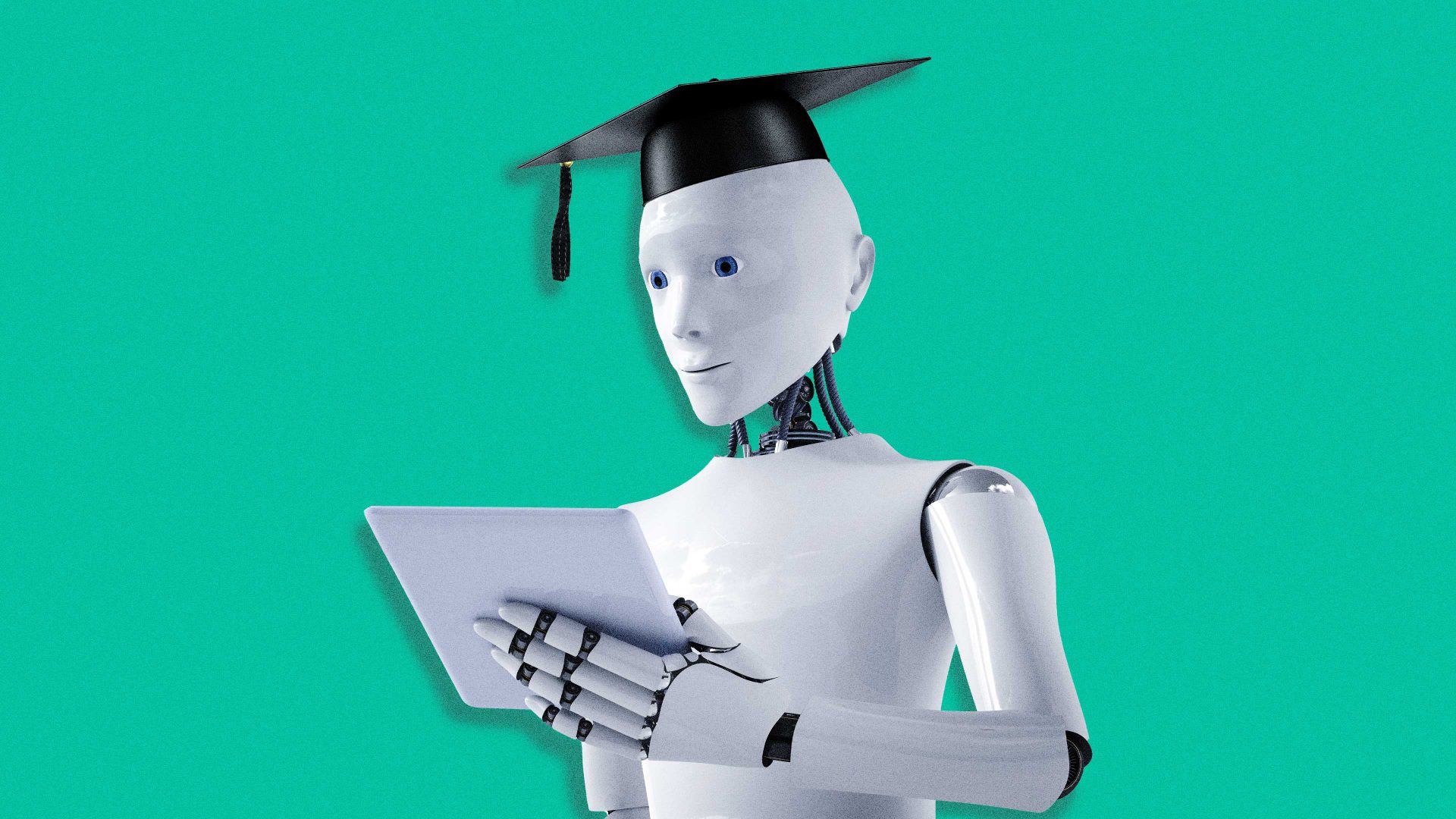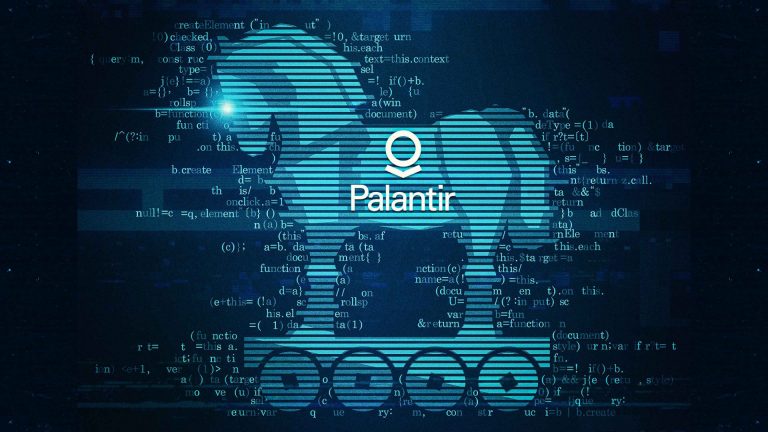“My advice? Don’t go into interpreting.”
The past year of endless job applications and equally as many rejection emails flashed across my mind. Interpreting had never been top of my career list, but as an English Literature and Spanish graduate, I had always assumed it would at least be an option. And yet here was a retired United Nations interpreter advising me against following her into her line of work. The reason? AI.
I had studied interpreting, but here was a former UN interpreter for Canada warning me off. The entry level jobs simply don’t exist anymore – and the ones that do won’t exist for long. She predicted that AI would replace all low level interpreters within the next five years: a cheaper, effective alternative.
I always knew the job market would be challenging. Even at secondary school we were warned that we would all face career paths that no-one could predict, paths that didn’t yet exist, a struggle that would only get worse in the humanities.
But as the students return to university, I am not joining them – I’ve graduated into a much harsher reality. Like many of my friends, I spent the final year of my undergraduate degree applying to job after job, and writing and rewriting CVs – but to no avail. Even if our career paths were always destined to be non-linear and irregular, how are we meant to get started if the first rung of the career ladder is missing? This begs the question: are entry-level jobs really for graduates?
Suggested Reading


What happens when AI meets fashion?
Despite the unending cycle of loan repayments that face students, the university experience is still attracting young people in droves. And yet I cannot name one person who did a humanities undergraduate degree and immediately secured a position on a graduate scheme, or the like. The job market has simply not grown to accommodate the influx of those receiving a higher education. Instead, companies seem to be turning away from supplying job opportunities in favour of AI, focusing on cheaper alternatives rather than investing in a future work force.
AI is intersecting with the graduate job market to ultimately reduce the opportunities on offer, squeezing an already very competitive sector. The surviving opportunities are consequently being filled by those able to afford a postgraduate degree, or those with the right connections. In other words, careers are being awarded to those in the right class, whose parents are well positioned to connect them with the right people, and who can afford to spend the time and money necessary to complete a postgraduate degree. Even then, that’s £12,000 minimum on a course that does not assure a job on the other side.
Long gone are the days where you walk out of university and into employment – instead you walk out and into South-East Asia to find yourself on a gap year and delay the resounding panic at the insurmountable wall encircling the working world. If the only option after three years of study is moving back in with your parents and working at your local pub, why not flee the country? Highly educated graduates are simply turning away from the UK job market, or getting trapped into zero-hour work contracts with no career prospects after months of unemployment. And AI is there in the background, exacerbating the class inequalities that have always pervaded this country.
We need entry level positions. Without those first interpreting jobs for smaller companies, language graduates will not be able to gain the necessary experience to progress to higher levels of interpretation for places like the UN. Industries will die out. Who do you promote if there are no entry-level employees? The benefits of AI are still being explored, but companies should pause over the long-term impact of AI on the resilience of these industries.
This emerging gridlock between graduates and employment is a harbinger of future crisis.











